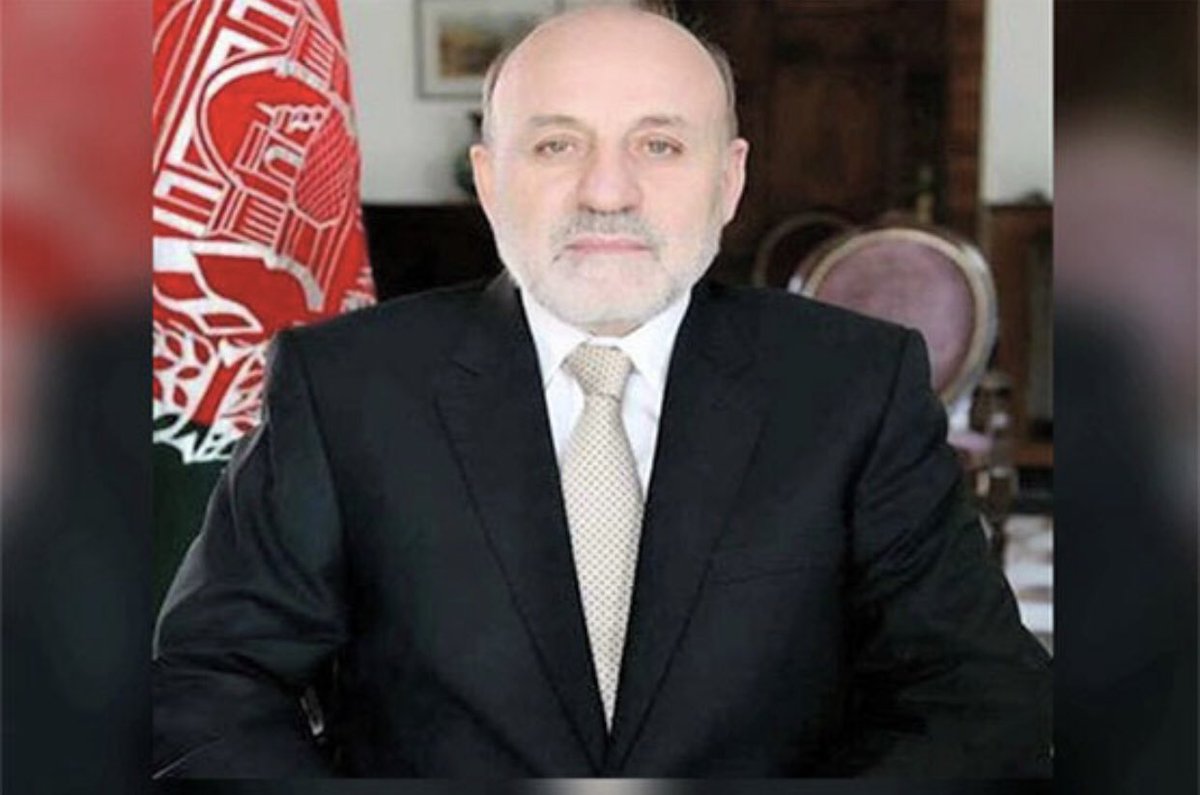Afghan envoy hopes 2019 to be year of peace for Afghanistan

- Country:
- Afghanistan
- Pakistan
Islamabad, Jan 9 (AP) The Afghan president's special peace envoy expressed hope Wednesday that the war that has ravaged this country for over 17 years and cost the United States about USD 1 trillion will end in 2019.
However, Mohammad Omer Daudzai also cautioned there won't be peace until the Taliban, who have held several rounds of talks with Washington's special peace envoy Zalmay Khalilzad, agree to direct talks with the Afghan government.
"We are naming 2019 as a year of peace for Afghanistan," Daudzai summed up his optimism in an interview with The Associated Press.
The Taliban have so far refused direct talks with Kabul despite pressure by Saudi Arabia, the United Arab Emirates and even Pakistan, where Washington says the Taliban leadership is headquartered.
In response, Washington has suspended hundreds of millions of dollars in reimbursements to Pakistan under a Coalition Support Fund paid out by the United States to its partners in the war on terror.
President Donald Trump has repeatedly expressed his displeasure with Pakistan, accusing Islamabad of harbouring militants. Pakistan denies the charge and says its influence over the Taliban is overstated.
Daudzai, who was appointed last month, made his first visit to the region to Islamabad — an indication of Pakistan's significance in finding peace.
Pakistan has "influence" over the Taliban but "forcing" them into talks is unproductive, said Daudzai, urging Islamabad instead to "encourage them to come to the negotiation table, make them realize it is to their benefit."
Daudzai said Pakistan's Prime Minister Imran Khan's "heart and mind is in the right place. We are hopeful. We have received all the right signals."
Trump appears to have grown increasingly frustrated with the Afghan conflict — a war he promised to bring to an end during his 2016 election campaign.
Last week, he criticised the U.S. military's performance in Afghanistan saying "I gave our generals all the money they wanted. They didn't do such a great job in Afghanistan."
Trump last week also for the first time publicly stated that the U.S. was in negotiations with the Taliban.
"We're going to do something that's right. We are talking to the Taliban. We're talking to a lot of different people," he said.
Until now, the U.S. State Department has not confirmed direct talks with the Taliban and Khalilzad, the U.S. envoy, has avoided direct reference to the Taliban, saying he has had contacts with all the players in Afghanistan's protracted conflict.
The State Department late Tuesday said Khalilzad has started another tour of the region that will take him to India, China, Pakistan and Afghanistan. This is his first visit since his appointment that did not include Qatar, where the Taliban maintain a political office and where he has held extensive talks with the religious movement.
Khalilzad's decision to bypass Qatar could reflect his frustration with Taliban officials, following their last meeting in November in the United Arab Emirates.
Daudzai told the AP that Khalilzad had been led to believe by Saudi Arabia that the Taliban would hold direct talks with the Afghan government in the UAE.
As a result, Khalilzad asked President Ashraf Ghani to send his representatives. He sent a delegation, including national security adviser Hamdullah Mohib.
The subsequent refusal by the Taliban infuriated Ghani, Daudzai said.
The Taliban have stubbornly refused direct talks with Kabul, demanding the U.S first announce a schedule for the withdrawal of foreign troops, as well as prisoner releases and the removal of the Taliban leadership from the U.N. terrorist list.
Pentagon officials earlier this month said they planned to withdraw 7,000 troops from Afghanistan by the summer.
Currently, about 14,000 American soldiers are deployed there, mostly to train and advise Afghan security forces and carry out counter-terrorism operations.
Daudzai said the Afghan troops, battered by near-daily Taliban attacks, can survive a U.S. troop withdrawal but would "for some time to come need U.S. air support."
He also warned the U.S. against discussing troop withdrawal in talks with the Taliban that do not include Kabul. (AP) SMJ
SMJ
(This story has not been edited by Devdiscourse staff and is auto-generated from a syndicated feed.)
ALSO READ
World Bank, ARTF support financing for micro and small enterprises in Afghanistan
CAA, related rules brought to safeguard rights of minorities from Pak, Afghanistan & B'desh, says fresh plea
World Bank allocates USD 16 million to support women-led businesses in Afghanistan
UN calls for USD 620 million to support Afghan migrants in Iran and Pakistan
Ramzan: Three killed during evening prayers in Farah province of Afghanistan










